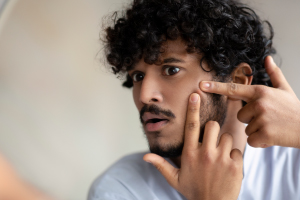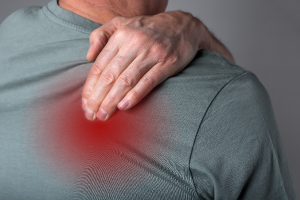Fitness A To Z
4 MIN READ
Jul 16, 2025
Red, Itchy, Watery? Eye Flu Symptoms You Shouldn’t Ignore
Eye flu (viral conjunctivitis) is a fast-spreading (contagious) eye infection that thrives in humid weather, especially during monsoons. It causes redness, irritation, and watery discharge, often affecting both eyes in quick succession. Early recognition of symptoms is key to managing the infection and...
Eye flu (viral conjunctivitis) is a fast-spreading (contagious) eye infection that thrives in humid weather, especially during monsoons. It causes redness, irritation, and watery discharge, often affecting both eyes in quick...



























-158x400.png)














